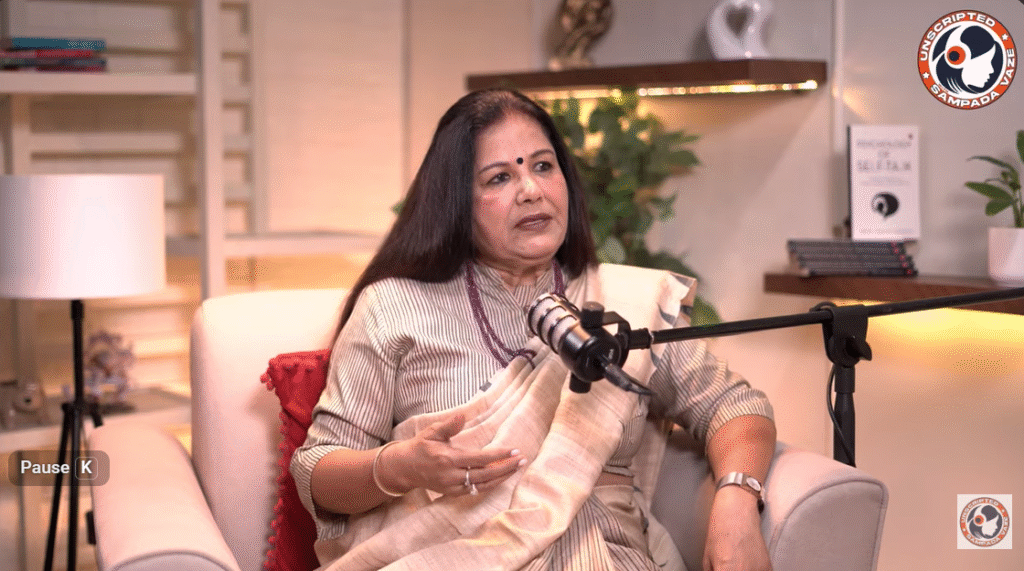Introduction
In recent years, the concept of holistic mental health has been redefining the way we approach well-being. No longer confined to treating symptoms alone, mental wellness in 2025 is about understanding the rich and interconnected relationship between the mind, body, and social environment.
In India, where traditional healing practices meet modern mental health science, this approach is gaining massive momentum. Mind Spa India champions this philosophy—empowering individuals to create harmony across every dimension of life.
What is Holistic Mental Health?
Holistic mental health seeks to address the whole person rather than just isolated symptoms.
It recognises:
- Mind – Emotional regulation, cognitive health, resilience
- Body – Physical wellness, diet, exercise, rest
- Social – Relationships, community, sense of belonging
This approach is supported by the biopsychosocial model which understanding that mental health is influenced by biological, psychological, and social factors.
India’s Ancient Wisdom – Centuries Ahead
Long before “holistic” became a buzzword, India had been practising it through:
- Ayurveda – Balanced nutrition, herbal remedies, dosha-based care
- Yoga – Mind-body union, pranayama, meditation
- Meditation traditions – Vipassana, bhakti, mantra therapy
- Community rituals – Festivals, kirtans, support through communal living
These time-tested practices now integrate seamlessly with modern therapy, offering a well-rounded approach.
The Science Behind Holistic Approaches
Research shows that:
- Exercise releases endorphins, reduces anxiety, and improves mood.
- Social support can increase resilience and reduce the onset of depression.
- Mindfulness alters brain structures linked to stress regulation.
Modern neuroscience is catching up with what Indian seers and yogis have taught for thousands of years.
At-Home Holistic Practices You Can Start Today
- Morning Ritual – Begin with deep breathing, sunlight exposure, and journaling.
- Mindful Food Choices – Balanced meals rich in omega-3s, antioxidants, and Ayurveda-inspired spices.
- Movement – Yoga, walking, or any physical activity that’s enjoyable.
- Digital Detox – Set screen-free hours—especially before bed.
- Sleep Hygiene – Consistent timings, calming night routines.
When to Seek Professional Help
Holistic living complements professional mental health care—it doesn’t replace it. Seek therapy when:
- You feel persistent sadness or irritability
- Sleep and appetite changes occur without obvious cause
- Anxiety interferes with daily life
- Trauma symptoms persist
FAQs (with SEO focus)
Q: What is the best holistic self-care routine for stress in India?
A: A blend of yoga, mindful eating, journaling, therapy check-ins, and social connection is recommended.
Q: Can Ayurveda really help with anxiety?
A: Ayurveda can complement modern therapy. Herbs like ashwagandha and brahmi are shown to promote calmness, but always consult a professional.
Conclusion & Call to Action
Holistic mental health is here to stay, offering a path to sustainable well-being. At Mind Spa India, we combine ancient wisdom with cutting-edge therapy to guide you toward a balanced mind, body, and soul.
📞 Book your personalised holistic mental health consultation today.

